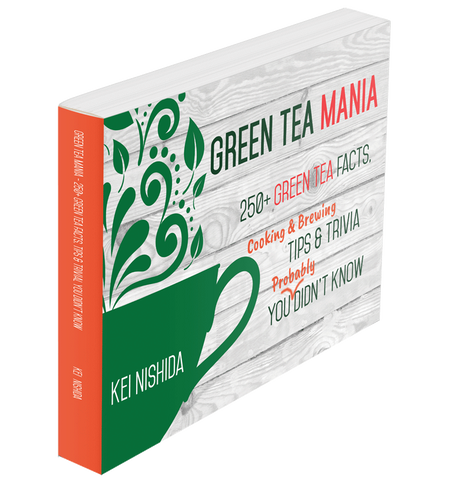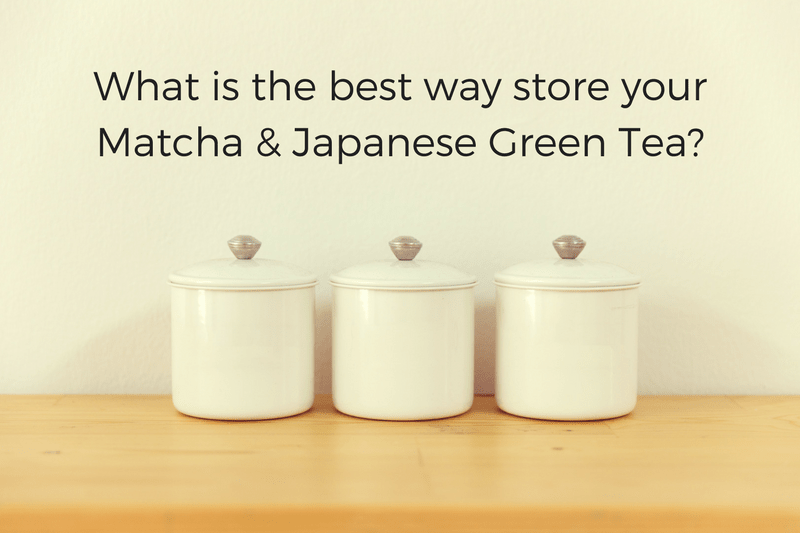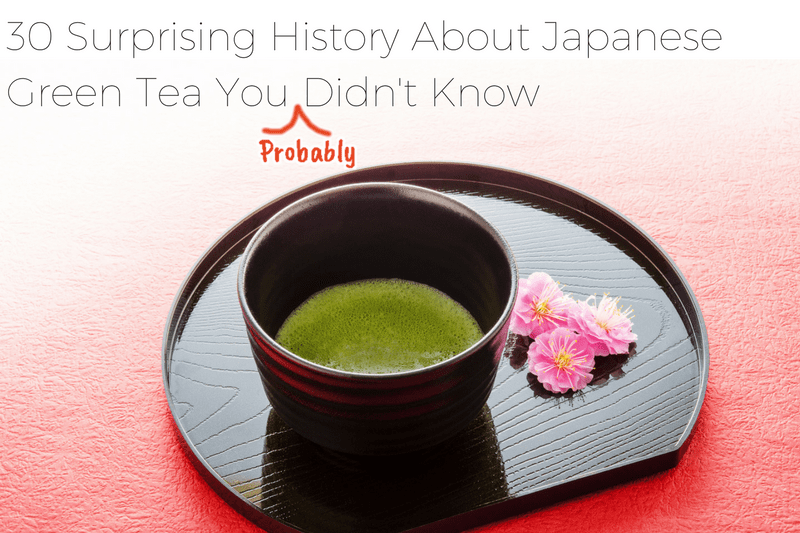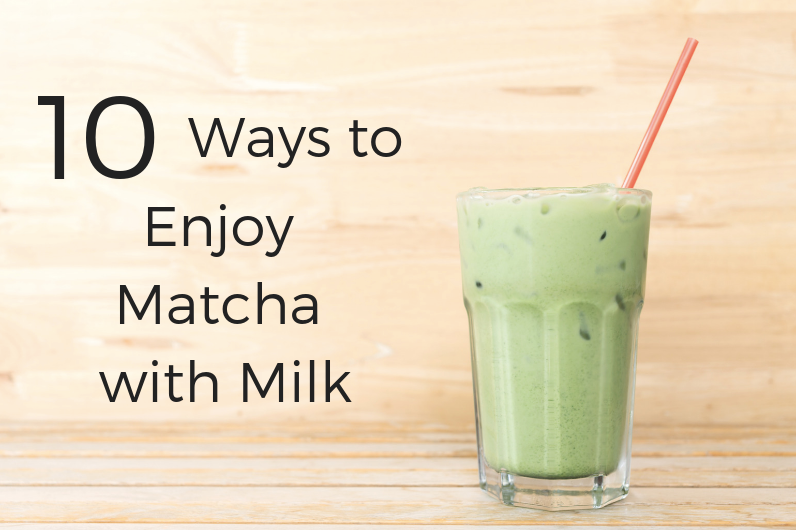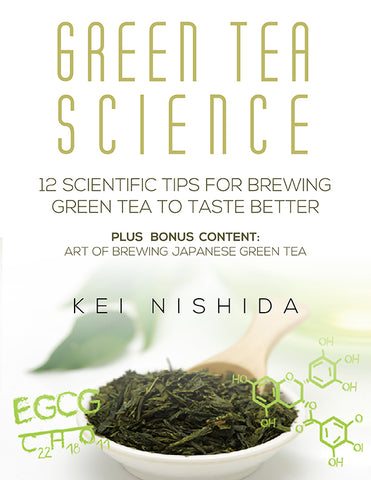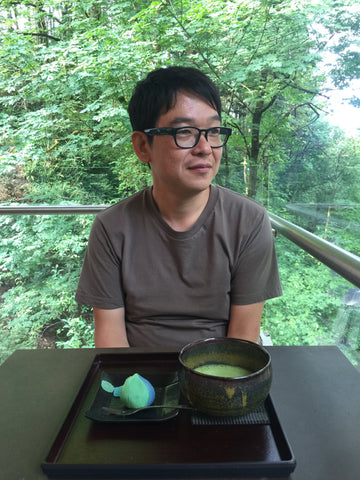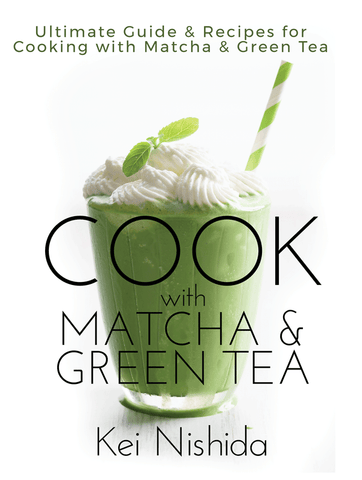25 Matcha Trivia You (Probably) Didn't Know

- The process of making Matcha begins about twenty days before the harvest, when the tea leaves are shaded from the sun. Shading concentrates the plant's chlorophyll content, its dark green coloring. Shading also boosts nutrient content. During this shaded growth, the tea plant produces more theanine and caffeine.
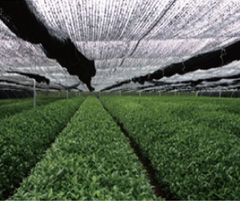
- The process of shade growing, which takes about three weeks, gives the tea its high caffeine content.
- Believe it or not, it contains more caffeine than coffee does. One teaspoon contains 70 milligrams of caffeine, while a shot of espresso contains just 64 milligrams of caffeine. This means that one cup of this tea will give you a greater energy boost than your average cup of coffee will.
- Matcha contains 10-15% more life-sustaining amino acids and other nutrients that your body needs. One cup of regular green tea contains 3 mg amino acids compared to 44.7 mg in Matcha.
- Not all matcha is created equal. Ceremonial grade powdered tea is equivalent to that which is used in traditional Japanese ceremonies, while culinary grade is used to flavor noodles, lattes, ice cream, and more.
- The unique caffeine in Matcha is called theophylline. Theophylline is proved to provide a more sustained release of energy, helping you to avoid that caffeine crash 2 hours after a cup of coffee. Because it is shade-grown, Matcha has higher levels of theophylline than any other type of green tea.
- Blends of this tea are given poetic sounding names by their producers or sellers. These names are called chamei, which translates to "tea names." If a particular blend is found suitable by a grand master of the tea ceremony, usually with a family lineage of ceremony masters, he gives it its chamei. It is then known also as his konomi, or "butcher block of leaf."
- Aracha is the state of the leaves after they have been steamed and dried. Tencha is the state after leaves have been de-stemmed and deveined.
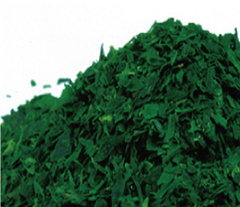
- There are two main ways of preparing matcha, each for differing occasions. Usucha is a thin version of the tea, and koicha is a doubly thick version. Koicha is stirred very slowly. You don't want bubbles, like you would in a Usucha.
- The grinding process is very slow because grinding must be done at low temperature to preserve high nutrient levels; heat will alter the aroma and the quality of the powder. Each stone grinder produces only about 40 grams in an hour. 40g will yield 20 bowls of usucha (thin). 40g will yield 10 bowls of koicha (thick)
- A variety called Dark Matcha or Koicha is used in the Japanese tea ceremony. Dark Matcha was originally made from tea bushes that were over 100 years old; it is now made from certain cultivars.
- If you’ve ever ordered a green tea-infused latte at Starbucks, you’ve probably tasted matcha before. That’s because Starbucks only uses matcha green tea in their blends. Japan currently has the fourth largest number of Starbucks stores, with around 1,040 across the island nation.
- Matcha contains four times the catechins of regular brewed green tea. One cup of matcha contains the same amount of nutrition and antioxidants as ten cups of traditional green tea.
- Matcha tea has 33 times the antioxidant potential of blueberries.
- The drink is generally mixed with a bamboo brush, specially designed to froth the mix.
- When making a Usucha you can also use a milk frother to introduce air into the mixture and get the creamy texture normally seen.
- Koicha normally is made with more expensive varieties; the most expensive kind can be made from tea leaves over thirty years old.
- Matcha in ceremony are traditionally served with a wagashi, which are Japanese sweets or small baked goods.
- Matcha is Tencha tea that has been stoneground. Not to be confused with green tea powder, a usually much lower quality tea that has not undergone the extensive process.
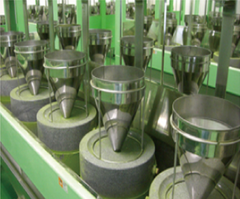 Stone Grind for Matcha
Stone Grind for Matcha
- When Matcha is made from older tea leaves, its sweeter.
- The highest-quality varieties come from the southern regions of Japan which is mostly made from Yabukita varietal. Yabukita is popular because of its high yield and the umami flavor. Yabukita is frost resistant but susceptible to fungal diseases. Other varietals include Okumidori, Samudori, and Asahi.
- The quality is most easily determined by its color. Anything yellowish or coarse is not likely to taste very good. Higher grades of tea are generally sweeter in taste.
- When well stored, will retain its color, flavor and aroma for weeks and even months.
- Most farmers pick leaves entirely by hand after shading.
- The traditional Japanese tea ceremony uses matcha and a bamboo whisk. However, matcha is easy to dissolve in either hot or cold water. Matcha has a strong robust flavor, but you can dilute it according to your tastes. The normal amount is about 1/2 teaspoon per 8-10 oz water.
- Matcha makes a wonderful addition to other foods as well. You can find recipes for using Matcha in smoothies, cakes, ice cream, soups, scones and more. There are no limits to the ways you can enjoy matcha.
- If you are interested in purchasing quality matcha, you can purchase from our online store by clicking here.
Above is part of a chapter from my recent book: Green Tea Mania : 250+ Green Tea Facts, Tips & Trivia You (Probably) Didn't Know
Please Click Below Image to Get My Book Green Tea Mania : 250+ Green Tea Facts, Tips & Trivia You (Probably) Didn't Know from Amazon (Both Printable Format and Kindle Version Available)
Language: English
ISBN-10: 1544093322
ISBN-13: 978-1544093321
Product Dimensions: 8.2 x 0.3 x 6 inches
Shipping Weight: 7.8 ounces
Green Tea Mania is a must have book for trivia lovers and fans of green tea. This is author Kei Nishida’s second book on green tea, following up his earlier work, I Will Teach You to Be Healthy Using Japanese Green Tea. Green Tea Mania delivers 200+ facts and an array of delightful pictures in its 120 pages. This full color trivia tome helps paint a picture of not only the health properties of this magical leaf, but also its history and cultivation.
Did you know that Black Tea, Oolong Tea, and Green Tea come from the same plant or that their labels really just describe where the leaf was left off in the fermentation process? Learn about the unusual uses for Green tea such as “Green Tea Beer” or cake. Find out how to get more of the antioxidant Catechin out of tea by adding one simple ingredient. These facts and hundreds more are all contained inside this beautiful guide to Green Tea.
This book is a must-have for the health conscious or Green Tea enthusiast.
Click Here to Get This Book On Amazon Now
Related Articles You May Be Interested In
Get Free Download
If you have ever thought that Green Tea is an ìacquired tasteî or that it is ìtoo bitterî to enjoy, weíre here to change your mind! We want everyone to experience the health benefits of Green Tea and show you that this can be an amazing, refreshing, and delicious drink when made correctly. With just a few tips on how to brew this powerful leaf, we can change your mind about the taste and enjoyment of drinking Green Tea.
Donít miss out on the health benefits of tea!
- Improve health
- Increase brain function
- Regulate weight
- Lower your risk of cancers
- Reduce risk of heart disease
- Lowers risk of diabetes
We know that you will love this tips to brewing tea and getting the most flavor and elegance out of every cup. Sign up for our newsletter and get this great informative manual on brewing green tea. You will learn what it is that makes it one of the most popular beverages in the world.
The E-Book also includes the chapter of Kei Nishida's book, "Art of Brewing Japanese Green Tea" where he teaches you how to brew hot and cold Japanese Green Tea.
Also in Japanese Green Tea Lovers in India
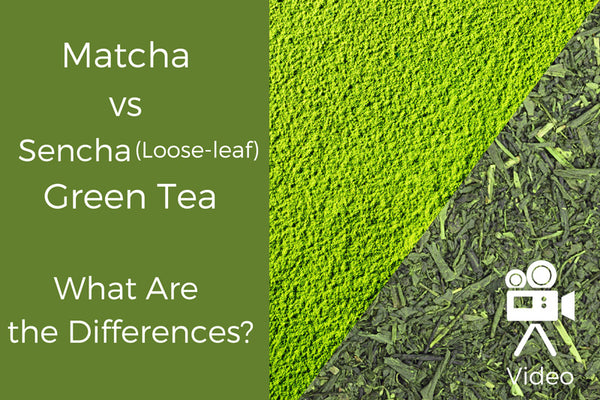
TYPES OF TEA: MATCHA VS SENCHA GREEN TEA: WHAT ARE THE DIFFERENCES?
When it comes to different types of tea, matcha and sencha green tea are two many people have questions about! Get answers in this post.
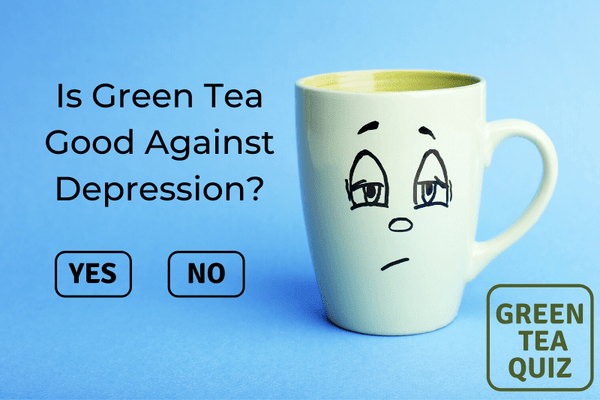
Is Green Tea Good Against Depression?

What is the best way to store your matcha & Japanese green tea?
5 Essential Storage Rules for Matcha and Japanese Green Tea
Read on to learn how to store matcha the proper way to ensure that you get the most out of this ancient elixir.


